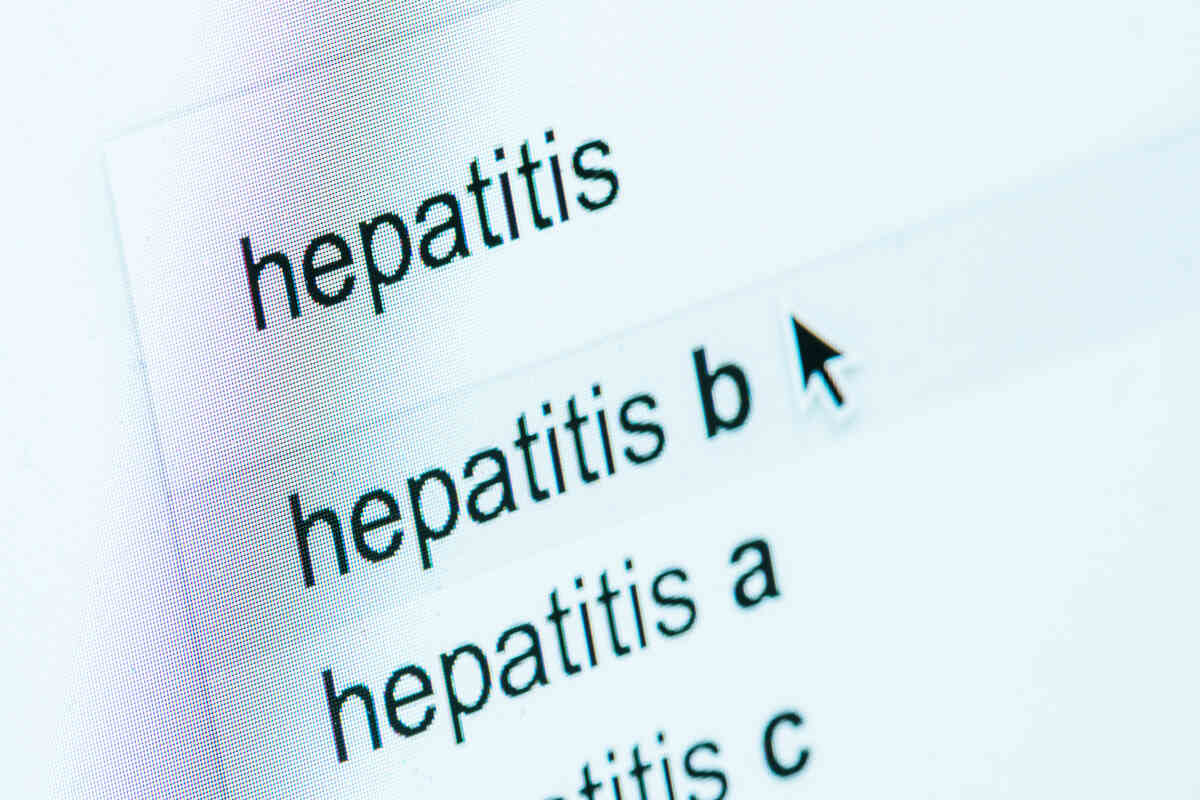A Quick Guide to the Hepatitis B Vaccine
April 7, 2023
While the hepatitis B vaccine has been in use for over four decades and vaccination against hep B is part of the routine immunization process of infants in Canada, the disease still has not been stamped out.
The World Health Organization’s ‘The Global progress report on HIV, viral hepatitis and sexually transmitted infections, 2021’ estimates that 296 million around the world are living with hep B. While some cases of the disease are mild, others can progress into a life-threatening chronic illness.
And chronic hepatitis B cannot be cured. That is why it is so important to get yourself and your loved ones vaccinated against hepatitis B. In this article, we will provide an overview of the most important information about the hep B vaccine and how you can get one.
What Is Hepatitis B and How Is It Transmitted?
Hepatitis B is an infection of the liver caused by the hepatitis B virus (HBV). People that are sick with hepatitis B may have an acute infection that lasts only for several weeks or up to six months. Other people may develop chronic hepatitis B, which is a life-long disease that can have serious ramifications on a person’s health.
Chronic hepatitis B can cause liver failure, cirrhosis of the liver, and is one of the main causes of liver cancer. People infected with chronic hepatitis B have a 25% to 40% chance of developing liver cancer during their lifetime.
Not every person infected with hep B will experience symptoms, but they can still spread the virus. In fact, many people that have chronic hep B often have no symptoms. The most common symptoms of HBV are flu-like and include:
- Fever
- Fatigue
- Jaundice (yellow skin or eyes)
- Lack of appetite
- Vomiting
- Nausea
- Stomach pain
- Dark-colored urine
- Light-colored stool
How Is It Transmitted?
Hepatitis B is a blood-borne pathogen. Consequently, it is spread when an infected person’s blood enters the body of another person. It can also be spread through bodily fluids, like semen. The most common ways that HAV is spread are through:
- Unprotected sex – sex with a person infected with the hep B virus is a common way that the virus spreads. People that are in sexual relations with a person infected with HAV should prioritize safe sex and vaccination;
- Needles – unsterilized needles are another common way of transmission. The virus can spread through needles and syringes shared by drug users or contaminated needles used for other purposes (e.g., tattooing, body piercing, acupuncture);
- Other contaminated items – sharing items like razors or toothbrushes can lead to hep B infections.
- Pregnancy – the virus can be transmitted from the mother to her baby during delivery. However, hepatitis B cannot be transmitted through breast milk.
The Benefits of the Hep B Vaccine
There is no cure for people infected with hepatitis B – either the infection will pass or develop into chronic hep B. The hepatitis B vaccine prevents you from getting the disease. Hepatitis B vaccines are safe and easily available.
By getting the vaccine, you are not only safeguarding your own health but also helping to stop the spread of the disease.
People That Should Prioritize Getting Vaccinated
The hepatitis B vaccine is recommended for most people. In fact, in Canada, vaccination against hepatitis B is provided free to infants as part of routine immunization. However, there are certain groups particularly exposed to HBV and should prioritize getting the vaccine if they have not previosuly been vaccinated. Such groups are:
- Persons that have sexual partners with hepatitis B;
- Men that have sex with men;
- Persons living together with people with hep B;
- Persons traveling to areas with high rates of infection (other travel vaccines are also recommended);
- Healthcare workers or other people that regularly come into contact with blood and bodily fluids in their line of work;
- Drug users;
- Inmates;
- People with HIV;
- People with chronic liver disease or hep C;
- People with chronic kidney disease;
- People that have received a kidney transplant;
- People that regularly receive blood transfusions.
Vaccine Schedule
The hepatitis B vaccine is given in three doses. All three doses are required for the vaccine to be fully effective. You can get the first dose of the vaccine at any time. The second dose should be administered at least 28 days after the first dose.
The third dose should be taken at least four months after the first dose or 2 months after the second dose. The vaccination schedule does not need to be restarted if you delay between getting your shouts. In other words, if you take your first shot, and wait more than 28 days, let’s say two months, you still only need to take the second dose, not the first one again.
Similarly, if you don’t take your third shot four months after your first dose or 2 months after your second dose, you still only need to take the third dose of the hepatitis B vaccine. But again, all three doses are necessary to be fully protected from hepatitis B. A fourth dose can also be taken.
Note: Babies born to mothers with hepatitis B should get the first dose in the delivery room or within 12 hours of birth.

What Are the Side Effects of the Hepatitis B Vaccine?
The hepatitis B vaccine is safe to use. Common side effects are tenderness, redness, and swelling at the injection spot. Some people experience a mild fever. Very rarely, a person may experience anaphylaxis, a serious allergic reaction.
That is why it is important to remain at the clinic where you got your vaccine for 15 minutes after getting it. The staff is trained to respond to anaphylaxis in the rare case that it happens.
People That Should Postpone Getting the Vaccine
The HBV vaccine is recommended for most people. You should talk to your healthcare provider if you had an allergic reaction to a previous dose of the vaccine or if you are currently suffering from a moderate or severe illness. In such cases, your vaccination may be postponed.
Note: Breastfeeding or pregnancy are not reasons not to get the hepatitis B vaccine.
Hep B Vaccines You Can Get at Everest Pharmacy
Hepatitis B vaccines are safe and easily accessible. You can even get the shot at your local pharmacy. If you are in Toronto, come to Everest Whole Pharmacy to receive your shot. The hep B vaccines we have available are:
- Engerix vaccine
- RECOMBIVAX HB vaccine
- Twinrix (combined hepatitis A and B vaccine for adults)
- Twinrix Junior (combined hepatitis A and B vaccine for children)
You can easily book an appointment online today to get your shot at our pharmacy. If you have any additional questions, contact us and our experts will answer them.






